According to data released by the German Steel Federation (Wirtschaftsvereinigung Stahl), Germany's crude steel production continued to decrease in June. This figure decreased by 15.9% to 2.67 million tons compared to the same month of last year.
Steel production by basic oxygen furnaces (BOF) decreased by 20% to 1.73 million tons. In the first half of the year, this figure was 11.43 million tons, a decrease of 15%. The amount of steel produced by electric arc furnaces (EAF) decreased by 7.2% to 941 million tons in the same month and by 3.6% to 5.67 million tons in the first half of the year.
Pig iron production decreased by 18.8% to 1.63 million tons and hot-rolled steel products by 10% to 2.49 million tons in the same month. These figures continued to decrease in the first half of the year, decreasing by 14.5% to 10.6 million tons and 8.6% to 15.2 million tons, respectively.
Kerstin Maria Rippel, Managing Director of the German Steel Federation, commented: "The production decline in our industry shows how dramatic the situation is for Germany as an industrial region. Crude steel production is at the level seen during the financial market crisis in 2009."
At a historic low of 29 million tons
The decline of around 15% in production via blast furnace converter (oxygen steel) is particularly significant. However, the production of electrical steel, whose CO2 emissions are already relatively low, based on scrap steel and electricity, also continues to decrease, starting from last year's low level. Steel companies are suffering from weak domestic demand, especially from key customer sectors such as construction, mechanical engineering and the automotive industry. This demand is currently at a historic low of around 29 million tons when estimated on an annualized basis. This is compounded by known local disadvantages and trade policy weaknesses.
Maria Rippel commented: "What we need now is a steel summit with our industry at the highest political level. The Minister of Finance, the Deputy Prime Minister and the Bundesrat are absolutely right and we are ready. It is vital that the parties involved ensure that the known measures are implemented in a timely and reliable manner. Because everything that needs to be done is known and written down. Only with effective European trade and carbon leakage protection, competitive electricity prices (including a reduction in transmission system charges this year) and a procurement law that focuses on low-emission domestic raw materials will our steel industry in Germany, so important for the national economy, have a future."
“The urgent step is to rapidly reduce transmission network charges”
High energy costs in particular continue to put enormous pressure on the competitiveness of steel companies, Rippel noted. "Politically, every effort must be made to ensure internationally competitive and long-term, reliable electricity prices for energy-intensive sectors such as the steel industry. The first and urgent step is to rapidly reduce transmission network charges. Although the coalition has announced this for early 2026, it is too late for electric steel mills. The first support measures must come this year, with funding from the federal budget and stabilization in the following years.".
Underlining the urgent need to implement the measures clearly set out in the Steel and Metals Action Plan at European level, Mr. Rippel underlined: "The negative effects of the unabated growth of global overcapacities, particularly in Asia, are placing an extraordinary burden on European steel companies. Germany, as the Member State with the largest steel production, is feeling the consequences of the resulting import pressure particularly acutely. Major loopholes in the Border Carbon Adjustment Mechanism (CBAM), which will enter into force in 2026, need to be urgently closed. Exports must be secured, violations must be prevented and the scope of application must be extended to products from downstream sectors. The German government must now advocate for both of these in Brussels!"
Rippel sees the Special Fund for Infrastructure and Climate Protection (SVIKG) as an opportunity to provide urgently needed economic stimulus. Here too, implementation is crucial. "Public procurement must now consistently focus on products made in Germany and the EU. "She stated.


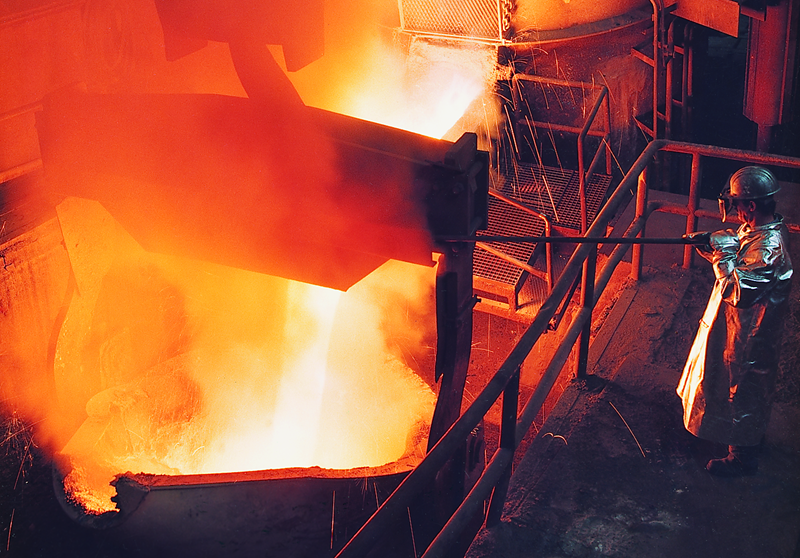
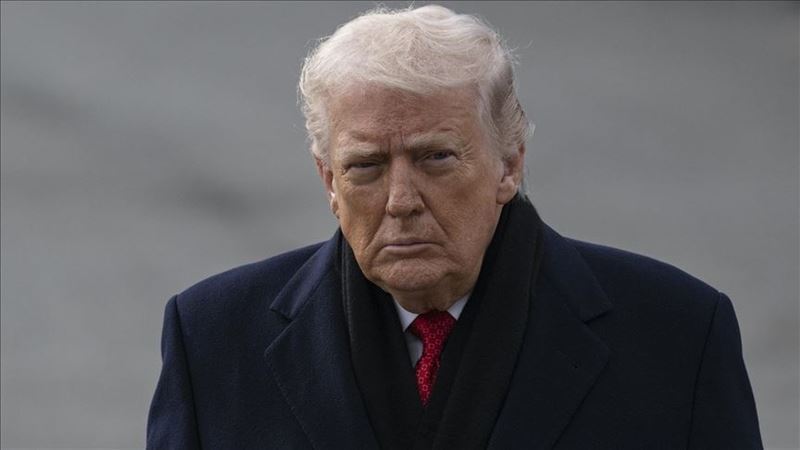
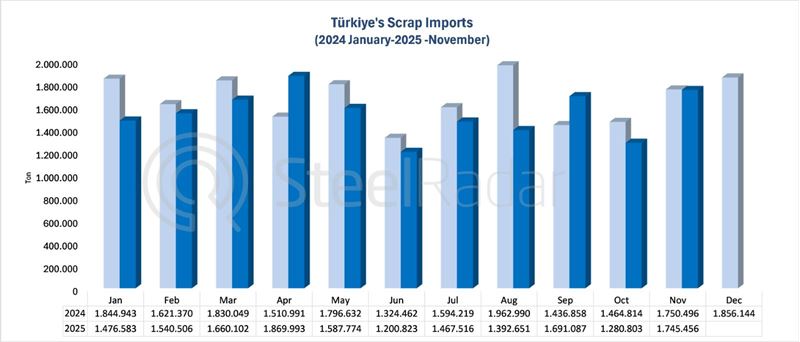
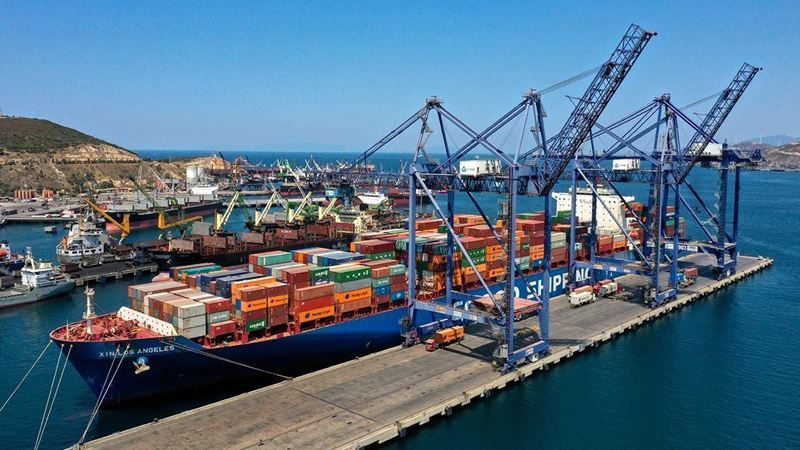
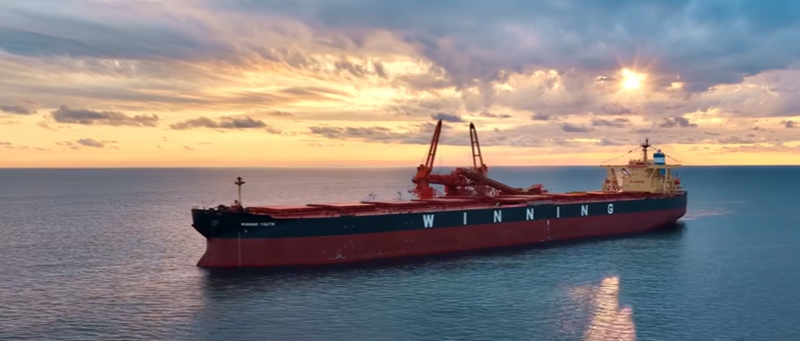



Comments
No comment yet.